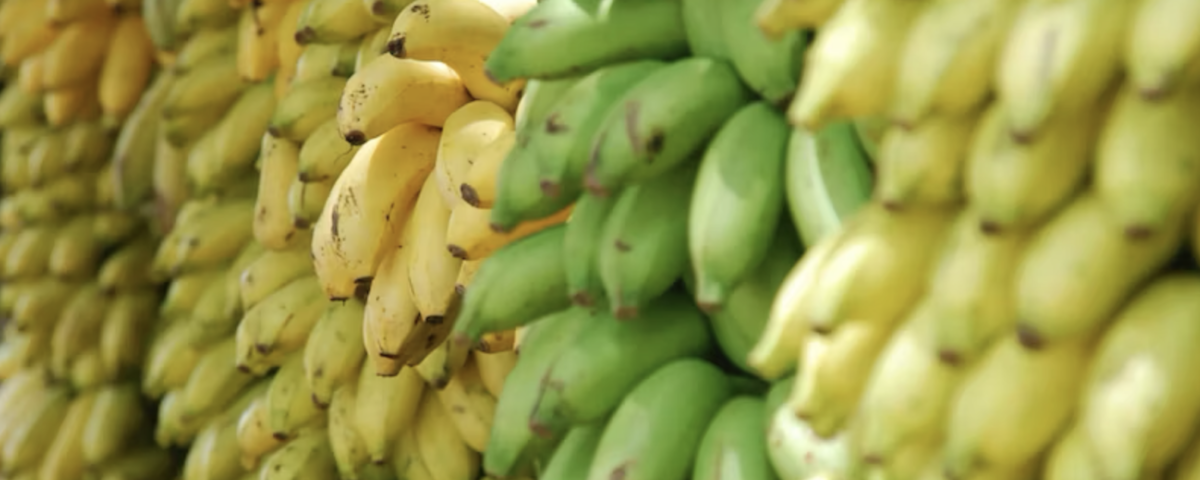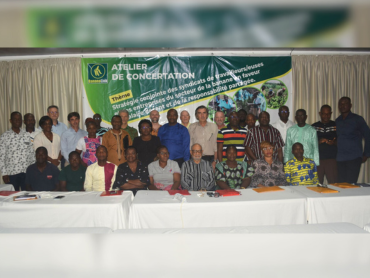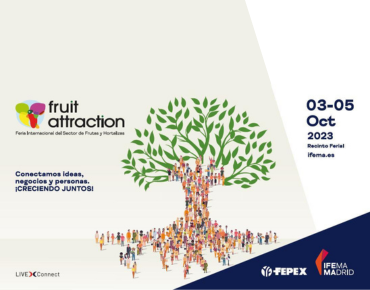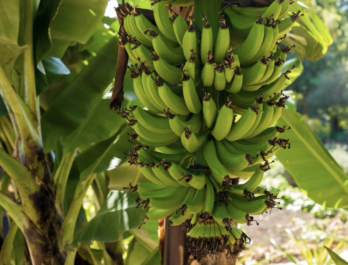
Afruibana, in favor of a living wage shared in consultation with all stakeholders
11 August 2022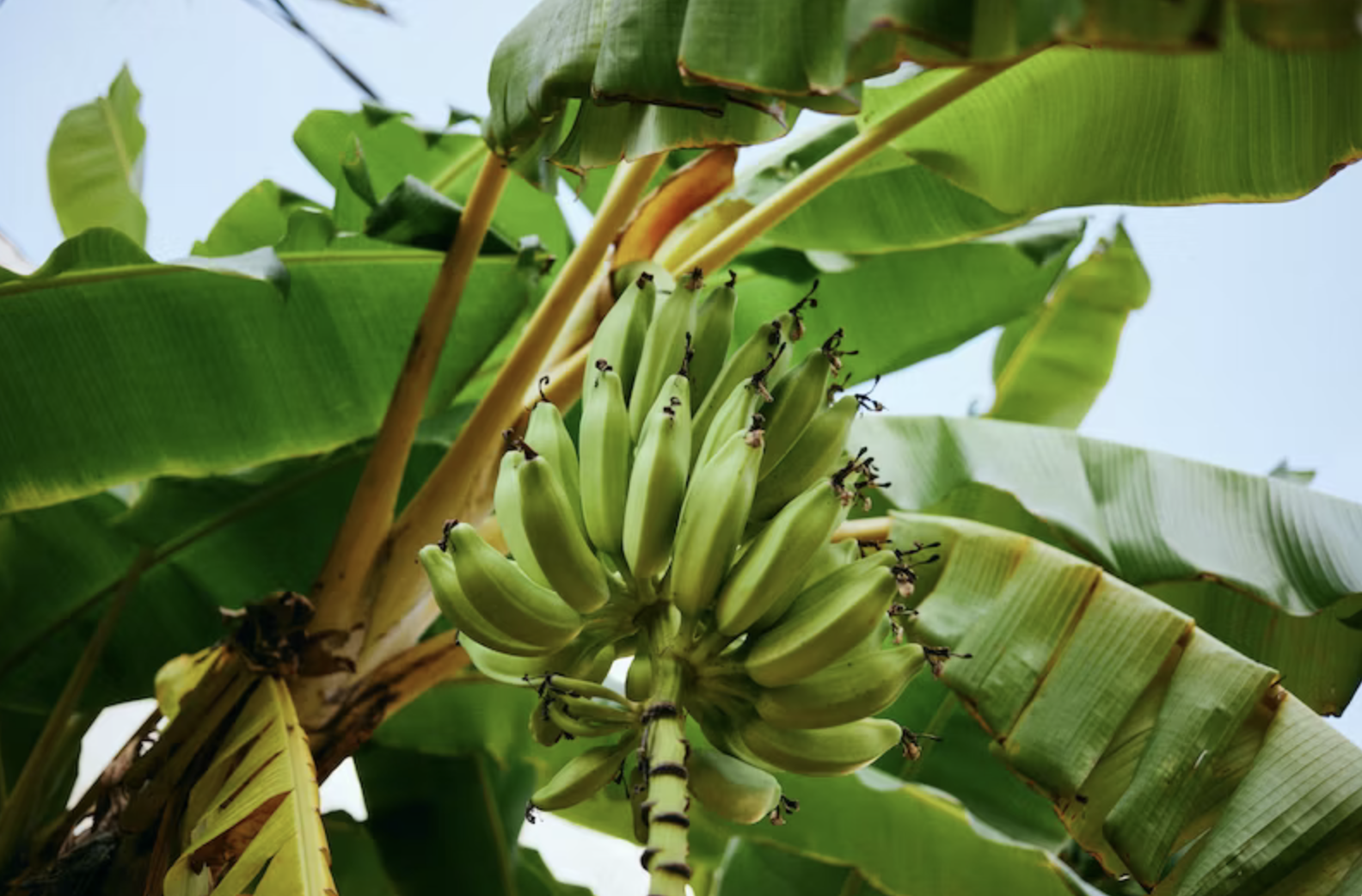
Afruibana welcomes the publication by the European Union of its Directive on Adequate Minimum Wages and calls for its principles to inform the debate in producing countries around the concept of “living wages”.
6 December 2022On Thursday 20 October, the World Banana Forum (WBF) organised, in collaboration with Afruibana, the first African Regional Commission. This webinar brought together key players in the African banana industry and laid the foundation for a fruitful dialogue across the value chain on the issues of shared responsibility and due diligence.
During this meeting, Joseph Owona Kono, the president of the association, was accompanied by representatives of the three producing countries, Cameroon, Côte d’Ivoire and Ghana. He was able to share his vision of the market and review the efforts and initiatives that have been put in place by his producers in recent years, both on the social and environmental fronts.
This webinar gave rise to constructive exchanges with Ms Marianne Naudin – Head of CSR Purchasing Projects at Lidl France, Ms Kate Nkatha Ochieng – Commercial Director at Fairtrade Africa, Mr Luc De Lapeyre De Bellaire – Researcher at CIRAD, Mr Alistair Smith – International Coordinator of Banana Link and Mr Oscar Ngome Eboule – Representative of the National Federation of Banana Workers’ Unions of Cameroon.
Afruibana began by outlining how the African banana industry is helping to improve the lives of workers, their families and local communities. Its members are developing infrastructures for access to basic services (water, education, health, housing, etc.) and are also contributing to the development of the local economic fabric by stimulating agri-entrepreneurship. Similarly, initiatives to rebalance the gender balance within management structures are currently underway.
As for the environmental aspect, the members of Afruibana initiated their agro-ecological transition more than ten years ago. They now wish to scale up this approach. In partnership with CIRAD, Afruibana is developing an agroecological banana project in Côte d’Ivoire, Cameroon and Ghana with the threefold ambition of improving the environmental performance of plantations, reducing production costs and increasing yields.
The association then spoke about the European Directive on corporate sustainability due diligence (which harmonises the initiatives already taken by the various Member States) and the work that has already been started to anticipate its effects: mapping of operators’ supply chains, drafting of vigilance plans, codes of conduct, internal remediation mechanisms and verification procedures, and setting up committees for dialogue and consultation with neighbouring communities. This work will be expanded and accelerated in the future.
Joseph Owona Kono, President of Afruibana, finally challenged participants on the issue of “shared responsibility”, which is an approach where risks and value are shared equitably along the supply chain, allowing producers to share costs with buyers and be rewarded for their efforts towards more sustainable agricultural practices. It is « crucial to ensure that producers have the resources they need not only for their day-to-day operations, but above all in view of the huge investments that need to be made throughout this decade to succeed together in the multiple challenges of the agro-ecological transition, the fight against climate change and the essential rebalancing aimed at putting the economy back at the service of mankind, rather than the other way round ». We thus understand to what extent shared responsibility is intimately linked to the notions of “fair price” and “living wage” and how their respective successes will depend on an open dialogue with all stakeholders.
This is why, in conclusion, Afruibana welcomed the participation of trade union representatives of the three producing countries to join the co-coordination of the African Regional Commission. This step illustrates the proactive approach on the part of both the production companies and the trade union representatives who act daily to promote a frank, rigorous and peaceful social dialogue.

